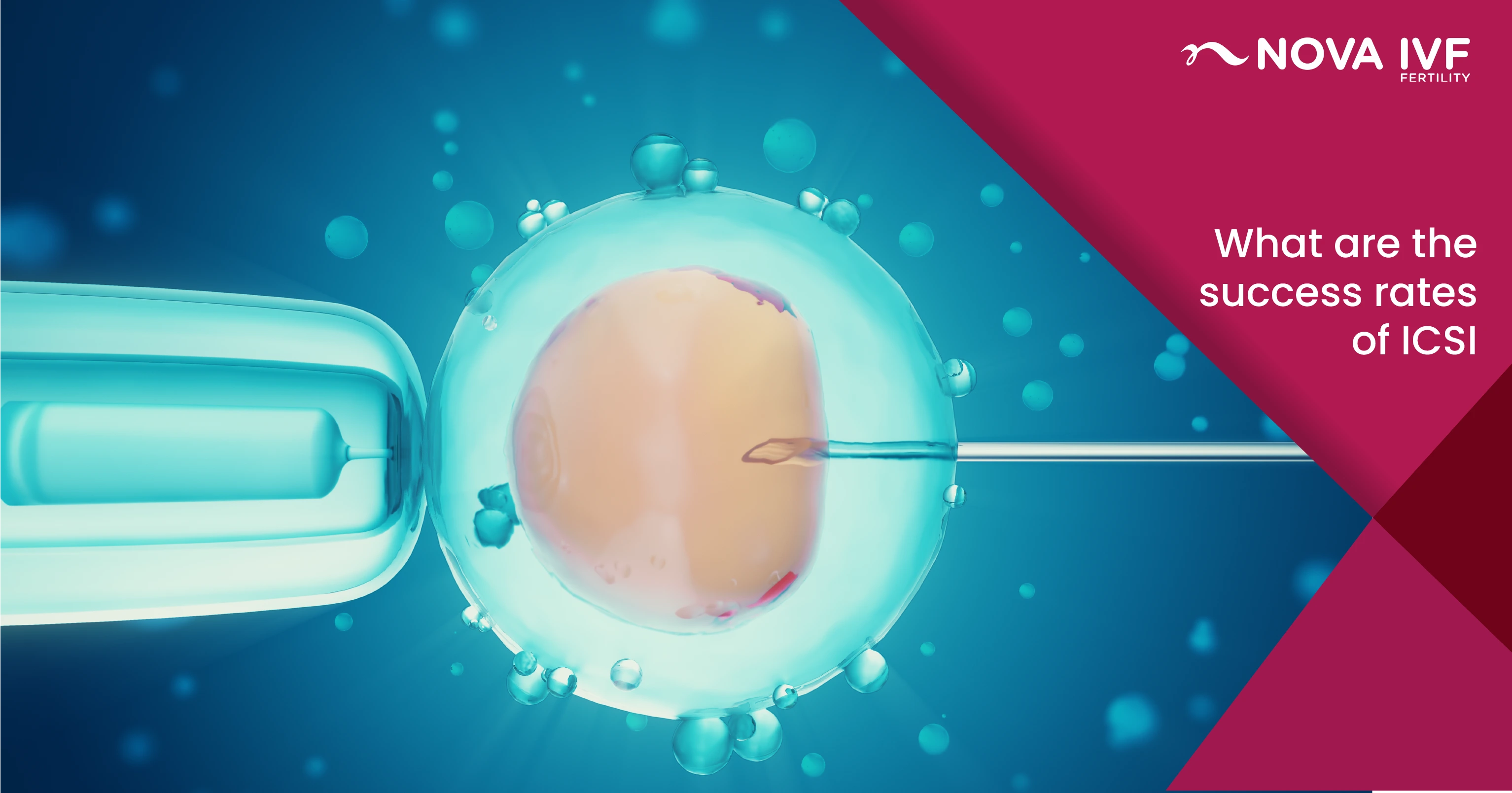Understanding ICSI Success Rates: What to Expect

An Intra-cytoplasmic Sperm Injection (ICSI) is a specialized procedure that may be used in certain cases of In-Vitro Fertilization (IVF). This involves injecting an egg with a single sperm to fertilize it. It is usually performed in cases where the man has a very low sperm count or abnormally poor sperm motility. By injecting the sperm directly into the egg, the chance of a successful fertilization is greatly increased. This also increases the success rate.
ICSI Success Rates
Undergoing IVF with ICSI has a much higher success rate than regular IVF. ICSI usually fertilizes 50-80% of the eggs it is performed on. However, it is important to remember that no procedure can guarantee a 100% success rate. Even when the sperm is directly injected into the egg, it may not fertilize the egg.
Once the egg is fertilized, it must then attach itself to the uterine lining and develop into a fetus. At this stage, the success rate of IVF with and without ICSI is the same. Thus, the success rate of ICSI is not the same as the number of live births after an IVF cycle.
When Should You Consider ICSI?
Not everyone needs to undergo ICSI when they opt for fertility treatment like IVF. Couples are usually advised to undergo this procedure only if:
- They have had at least one unsuccessful IVF cycle
- The man has a very low sperm count. This may be as low as 1 or 2 mill/ ml
- The sperm present in semen have very poor motility
- The semen has antisperm antibodies present in it that may damage the sperm and keep them from fertilizing the egg
- The man’s testicles produce sperm but this sperm is not present in the semen ejaculated. This is usually seen after a vasectomy reversal or in the case of a blockage in the vas deferens.
It may also be performed if frozen sperm is being used for the IVF cycle.
 Infertility Counselling
Infertility Counselling Female Infertility Treatment
Female Infertility Treatment Andrology Treatment
Andrology Treatment Fertility Enhancing Surgeries - Female
Fertility Enhancing Surgeries - Female Fertility Enhancing Surgeries - Male
Fertility Enhancing Surgeries - Male Endoscopy Treatment
Endoscopy Treatment IUI Treatment
IUI Treatment IVF Treatment
IVF Treatment ICSI Treatment
ICSI Treatment Advanced IVF Solutions
Advanced IVF Solutions Embryology
Embryology Vitrification Egg, Embryo, Sperm Freezing
Vitrification Egg, Embryo, Sperm Freezing Preimplantation Genetic Testing (PGT)
Preimplantation Genetic Testing (PGT) Donation Program Embryo / Egg / Sperm
Donation Program Embryo / Egg / Sperm Self-cycleTM IVF
Self-cycleTM IVF

 Self-cycleTM IVF
Self-cycleTM IVF











